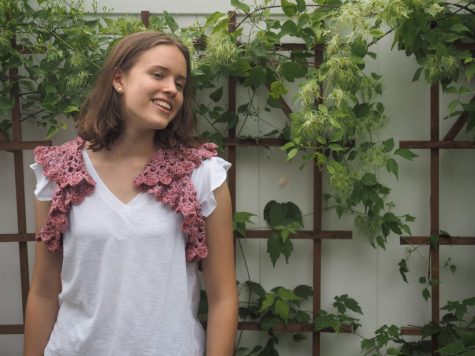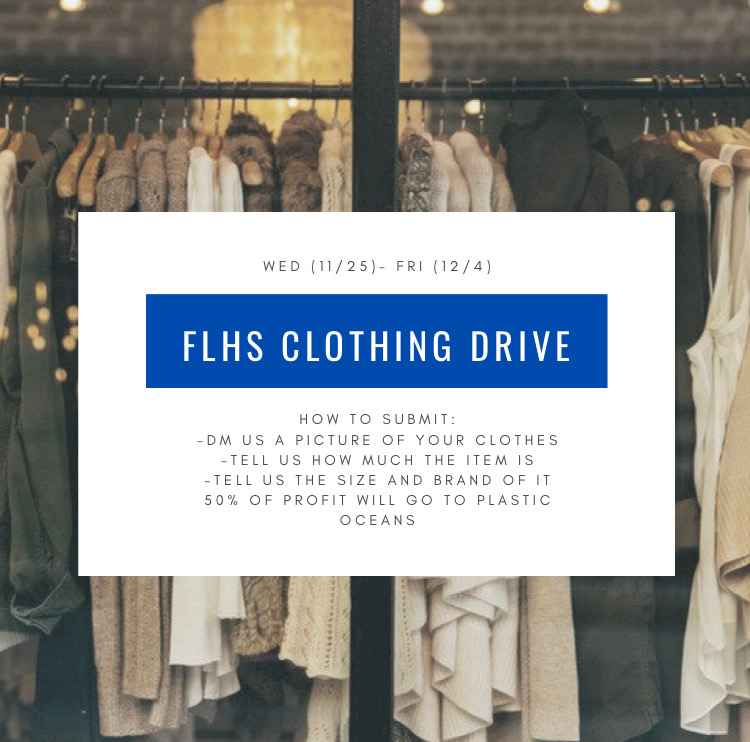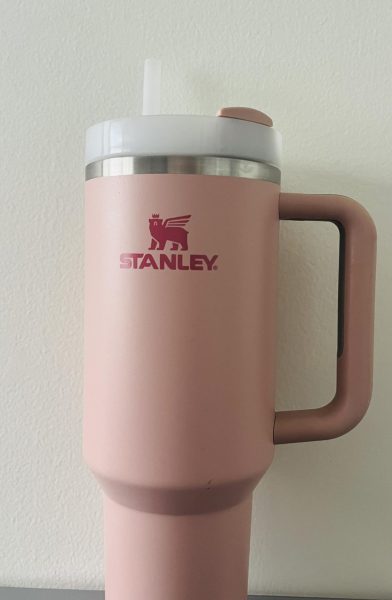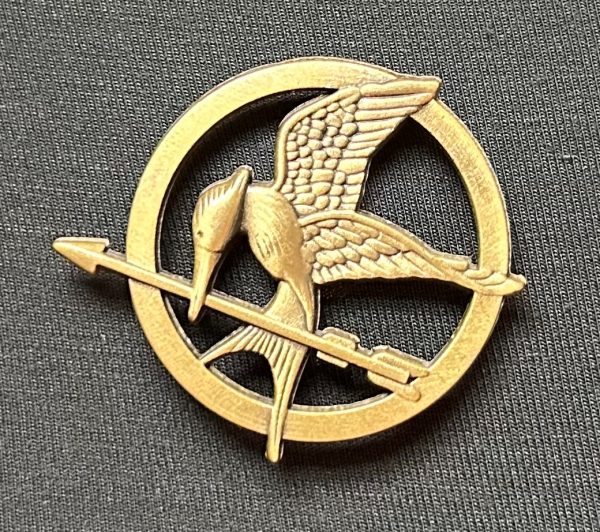A Sustainable Ocean: FLHS Marine Biology Class Clothing Drive
The FLHS Marine Biology Class is holding a second-hand clothing drive for the FLHS community and encourages students to get involved.
Did you know that our clothes shed half a million tons of microfibers each year?
These small plastic fibers, released from synthetic garments when they are washed, end up in the ocean. Since plastic does not biodegrade, marine organisms like sea turtles and fish can mistake the microplastics for food and ingest them, leading to starvation. The toxic chemicals found in plastic can also disrupt animal hormones, and build up in the food chain.
While there are many other sources of plastic in the ocean, fast fashion definitely contributes to our system of consumerism and overproduction. Fast fashion garments are quickly churned out to consumers with a low cost to meet the current trends. However, they have a short lifespan and come at a high environmental cost: Textile dyeing is the second largest source of water pollution. Fast fashion garments are often unethically manufactured overseas for cheap labor.
After learning about the impacts of fast fashion on the marine environment, Ms. Jenkins’ Marine Biology Class was inspired to take action. They are holding a second-hand clothing drive for the FLHS community.
Shopping for second-hand clothing, whether at thrift stores or online, has become a trend for eco-conscious consumers. Second-hand garments can be found at a higher quality and lower cost than fast fashion garments. By participating in the “slow fashion” movement, students can help to conserve the resources that are used to manufacture and transport every new article of clothing.
Thanksgiving Break is a great time to take the opportunity to look through your closet and see if there are any items you would like to sell. From Wednesday, November 25, to Friday, December 4, FLHS students can direct message @FLHSclothing on Instagram with a picture of their clothes. Make sure to also specify how much you would like for the item, and the size and brand of it. All information can be found on the account, and the Marine Bio class will reach out to the seller with drop-off instructions.
50% of the profit from items sold in the clothing drive will be given to the seller and the remaining 50% of the profit will go to Plastic Oceans, a non-profit organization working to end plastic pollution and foster sustainable communities worldwide.
Clothing will go on sale from December 9 to 21. Information on purchasing clothing will be posted on the account. It will be on a first come first served basis, so the first person to comment on each item will get it! Cash or check will both be accepted as payment options. Students will be able to pick up clothing in Room 345 from December 21 to 23.
The global apparel industry accounts for 8% of all greenhouse gas emissions. Especially as we enter a season of frenzied holiday shopping, participating in the FLHS second-hand clothing drive is a small but important way to shift from a consumerist to a more sustainable mindset.

Harper is the current Editor in Chief of Prospect. Harper served as the Opinions Editor of the paper during the 2019-2020 school year. This is her fourth...






